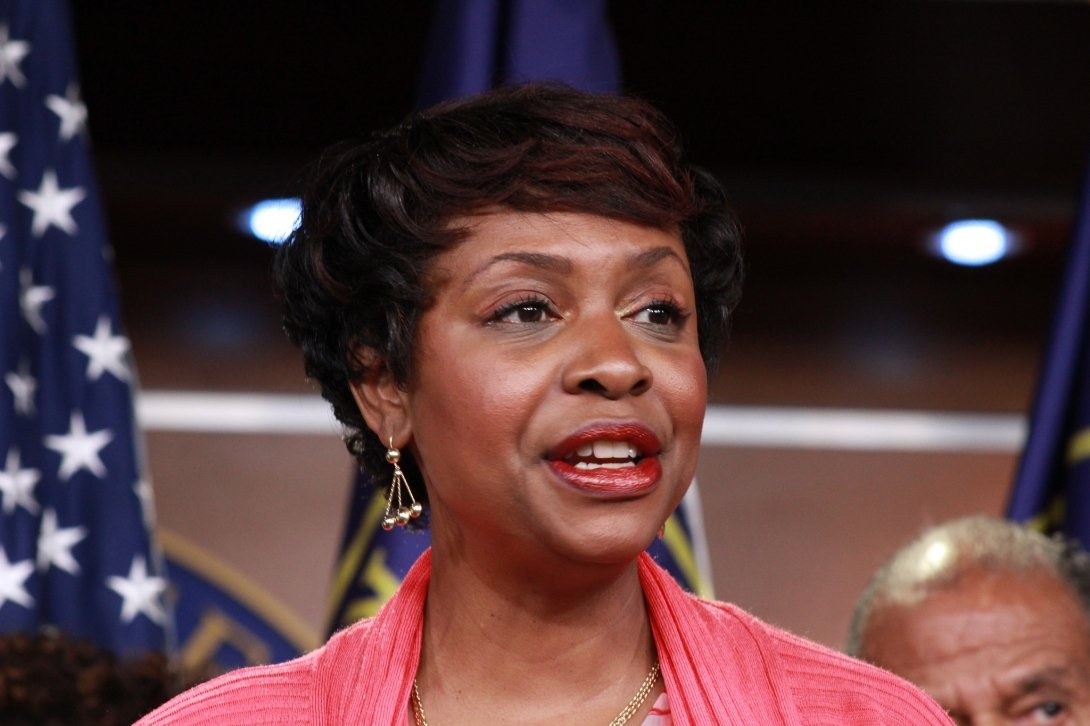68 Members of Congress Urge Pai to Leave Lifeline Alone

Talk Radio News Service
On Wednesday, 68 members of Congress sent a letter urging the FCC to stop attacking Lifeline, a program that provides a modest $9.25 monthly subsidy so that poor people can connect to communications services to help them meet their basic needs.
The program was started under President Reagan in 1985 to subsidize landline phone service, and it expanded to cover cellphone service in 2005 under President George W. Bush.
Under President Obama, the FCC modernized Lifeline for the digital age, recognizing that people in the United States need broadband to meet their basic needs and participate in our society. FCC Chairman Ajit Pai’s proposal would eviscerate the program.
The letter, led by Democratic Reps. Anna Eshoo and Yvette Clarke (pictured), explains:
“The Lifeline Program is essential for millions of Americans who use their devices to find jobs, to schedule doctors’ appointments, to complete their school assignments, to interface with the government, or to stay in touch with their loved ones. The program helps Americans — including disproportionate numbers of veterans and people of color — help themselves.”
Broad opposition to Pai’s plan
Members of Congress aren’t the only ones pushing back.
In February, Free Press and more than 200 other public-interest groups signed a letter defending the program. The vast majority of people, groups and companies commenting on Pai’s plan oppose it — including Verizon.
Even the American Enterprise Institute — a free-market think tank — spoke out against Chairman Pai’s plan to ban resellers from the program. Resellers serve more than 70 percent of Lifeline subscribers and provide some of the program’s most affordable offerings.
In fact, you can find almost no support for Pai’s plan in the FCC’s open docket. But this FCC has shown little regard for the democratic process, dismissing the will of the people time and again on issues from Net Neutrality to dangerous media mergers to the cost inmates pay for phone calls with loved ones.
Pai has disingenuously named the Lifeline proceeding “Bridging the Digital Divide for Low-Income Consumers” but the proposal demonstrates that his intention is to do the opposite. He doesn’t care that Lifeline is the only federal program poised to increase broadband access and provide a pathway out of poverty for millions of people.
Pai should listen to his critics and leave the Lifeline program alone.